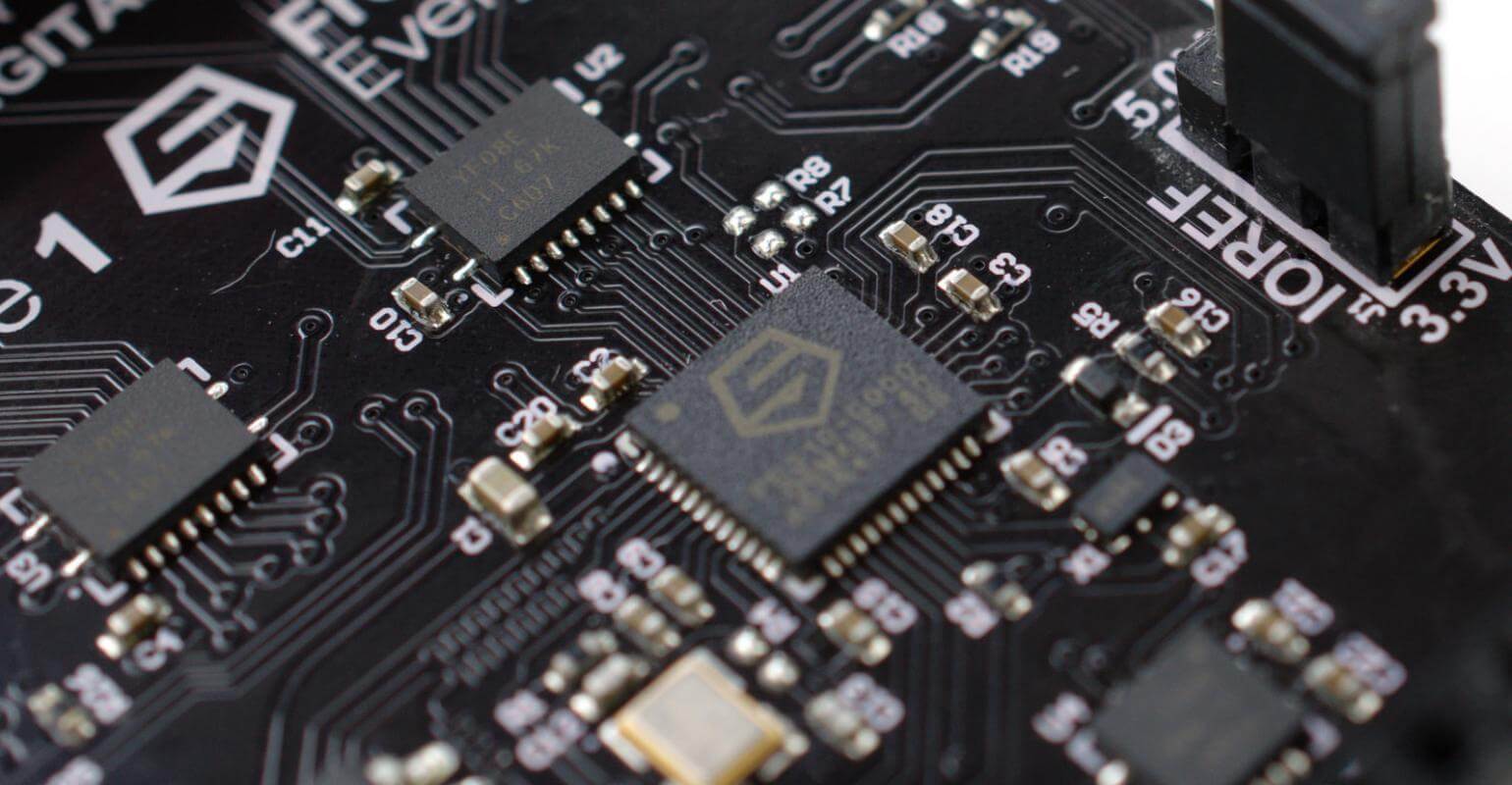What just happened? The organization that crafts the standards behind RISC-V chipset architecture have an even bigger headache than dealing with the never-ending Instruction Set Architecture (ISA) battles. The political trade war is creating too much uncertainty, so the RISC-V Foundation is moving shop to Switzerland where it will continue its mission to direct the development of an open-source instruction set architecture for CPUs.
The trade war is starting to show its effects on the global tech industry, even as President Trump says the US and China have reached a "phase one" deal to stop taxing each other on imported goods.
Companies like Apple have been able to appeal to the Trump Administration for a relief on tariffed devices, while others like Huawei are in a more difficult situation. There's also been a lot of pressure on chipmakers to move their production to the US, to better assess the potential security risks of their hardware.
As a result, the RISC-V Foundation is planning to move to Switzerland, hoping to avoid having to deal with the added friction of political actors limiting its ability to collaborate with governments, universities, and companies outside the US.
Its goal is to direct the development of open-source technology that has garnered a lot of interest as of late, "not because it is a great new chip technology, [but] because it is a common free and open standard to which software can be ported, and which allows anyone to freely develop their own hardware to run the software."
To put things in perspective, two of the largest markets in the world have made announcements this year about plans to reduce their reliance on American technology using RISC-V based solutions. One of them is China, who is putting $29 billion towards domestic semiconductor efforts, and the other is the European Union, who is already delivering its first designs and wants to have them on the market by 2021.

The RISC-V Foundation says Switzerland isn't the only choice it had when it organized a vote last year. The decision was announced at a summit in December 2018, and foundation chief Calista Redmond told Reuters in an interview that "from around the world, we've heard that if the incorporation was not in the U.S., we would be a lot more comfortable."
And while it hasn't faced any restrictions yet, several members of the foundation are "concerned about geopolitical disruption." Of the 325 companies that are paying for membership, a few notable ones are Qualcomm, NXP, Huawei, Nvidia, Nokia, MediaTek, the Raspberry Foundation and China's Alibaba Group.
The move signals that in the face of tightening control by the US, companies might start to work around it by moving overseas. The US Department of Commerce says the efforts are meant to "ensure bad actors cannot acquire technology that harms U.S. citizens or interests, while promoting innovation to fuel continued American technological leadership."
The foundation's move to a neutral country has some Republican worried that it may have far-reaching consequences on the US economy. The main fear is that the decision is going to help Chinese members influence the development of RISC-V chip architecture to help China get ahead. However, they ignore the fact that it's meant to be open-source technology.
Interestingly, Huawei told Reuters that it supports the move to Switzerland as a positive development that "might fit well into Huawei's vision of this heterogenous, open world."
